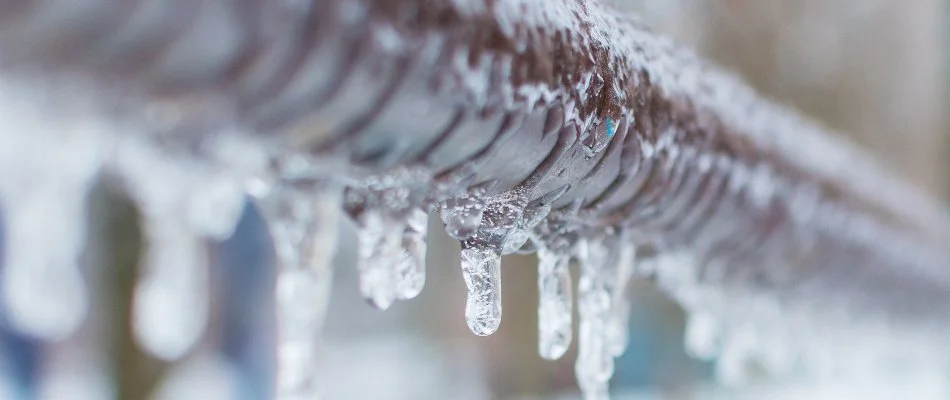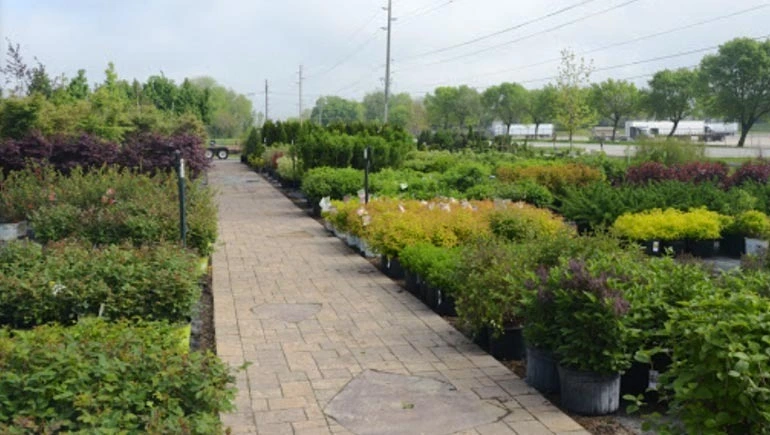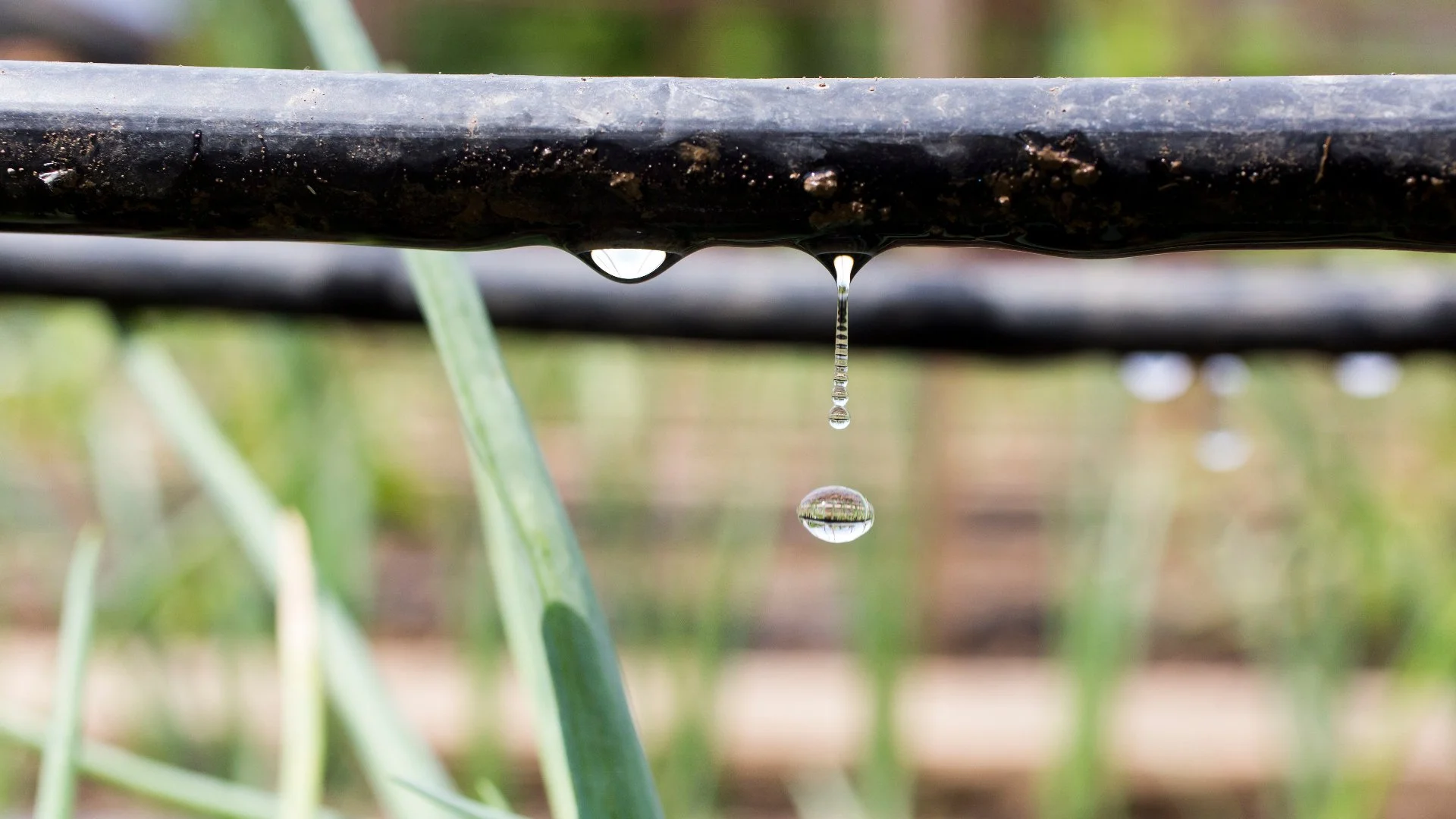If you have a drip irrigation system on your property in Iowa, it is important to know that it needs to be winterized to prepare it for the winter season. After all, any water left over in the lines can freeze, causing them to crack and burst and leading to costly repairs come spring. Winterization involves shutting off the main water supply, blowing out any remaining water using compressed air, and turning off the backflow. To ensure this process gets done right, you should always hire pros to winterize your drip irrigation system. They have the knowledge, training, and expertise to perform each step correctly so it's ready for the winter.
Drip Irrigation Systems Need to Be Winterized to Protect It From Winter Damage

Just like sprinkler irrigation systems, drip systems need to be winterized in preparation for the winter season. After all, when temperatures drop below freezing, any water left over in your system's lines can freeze over and expand. As a result, it puts pressure on the pipes, causing them to crack or burst and leading to extensive damage. When this happens, it may not work properly when spring arrives. You'll need to hire professionals to repair the damaged parts of your drip system, which can get costly and leave your lawn and plants without adequate hydration at the start of the growing season. Winterizing your drip irrigation system will help prevent this from happening.
How do you winterize drip irrigation systems?
Winterizing drip irrigation systems involves a thorough, step-by-step process to ensure everything is well-prepared for the winter season. This process is as follows:
- Shutting off the main water supply to your drip irrigation system: The first step is to shut down the main water supply to stop water from going to your system.
- Blowing out any remaining water using compressed air: Next, any remaining water in your system's lines will be blown out using compressed air so that there's no risk of it freezing over.
- Turning off the backflow preventer: Finally, the backflow preventer will need to be turned off and, if needed, any above-ground components should be insulated.
You'll want to winterize your drip irrigation system between September and October to get it done before the first frost hits.
Always Hire Professionals to Winterize Your Drip Irrigation System
While it may seem like a straightforward task, winterizing your drip irrigation system requires extensive knowledge of all the components and how to properly shut everything down. Because of this, you should always hire professionals to winterize it. If you try to do it yourself, you could miss something and leave water in the lines, leading to issues once spring arrives. On the other hand, pros have the expertise and training to avoid that, performing each step to ensure it gets done right. By leaving winterization in the hands of experts, you can rest assured that your drip irrigation system won't go into the winter season ill-prepared.
Call us today to schedule our irrigation winterization service.
At A+ Lawn & Landscape, we offer an irrigation winterization service to ensure your system is prepared for the upcoming winter season. Whether you have a sprinkler or drip system - you can rely on our team to pay unparalleled attention to detail and follow an extensive process to do it right. That way, it doesn't become damaged due to freezing temperatures, and it can get up and running again in the spring.
Our irrigation winterization service is available to commercial and residential properties, as well as HOAs, in Des Moines, West Des Moines, Ankeny, IA, and other surrounding areas. Call us at (515) 289-2020 to schedule this service today!






Comments (0)
Thanks for your comment!
Thanks for your feedback! Your comments have been successfully submitted! Please note, all comments require admin approval prior to display.
Error submitting comment!
There is a problem with your comment, please see below and try again.